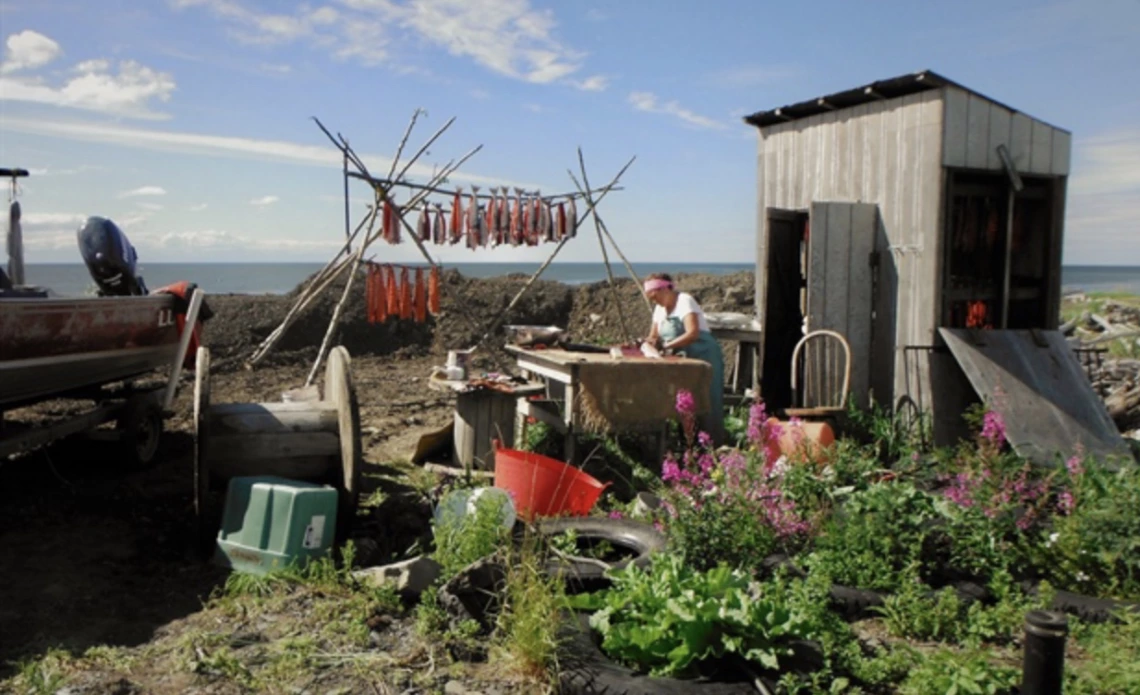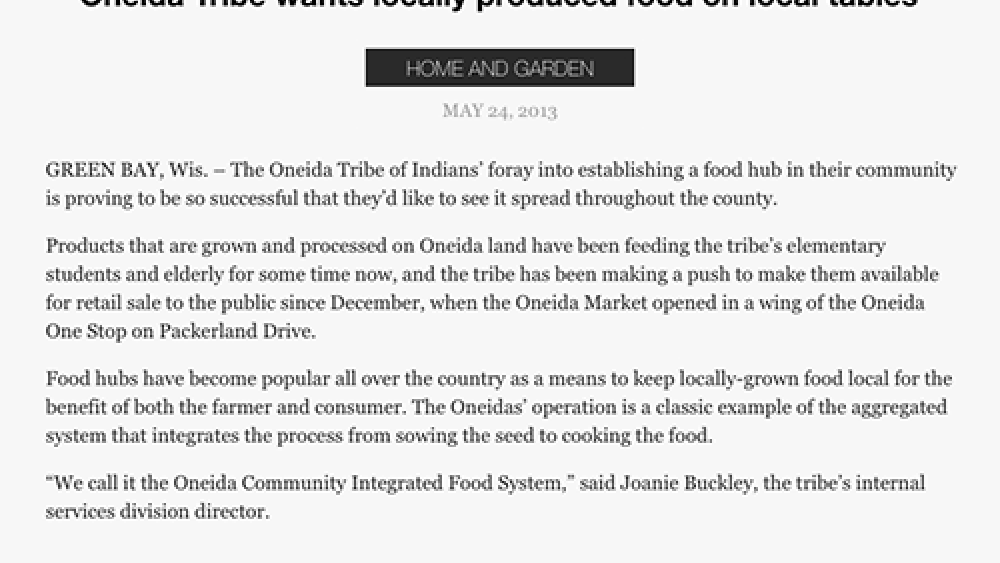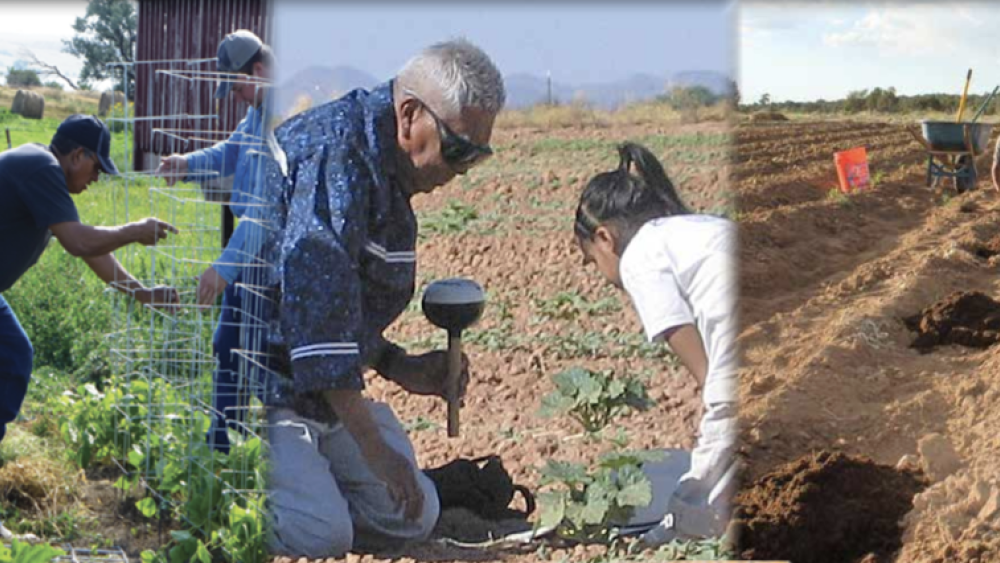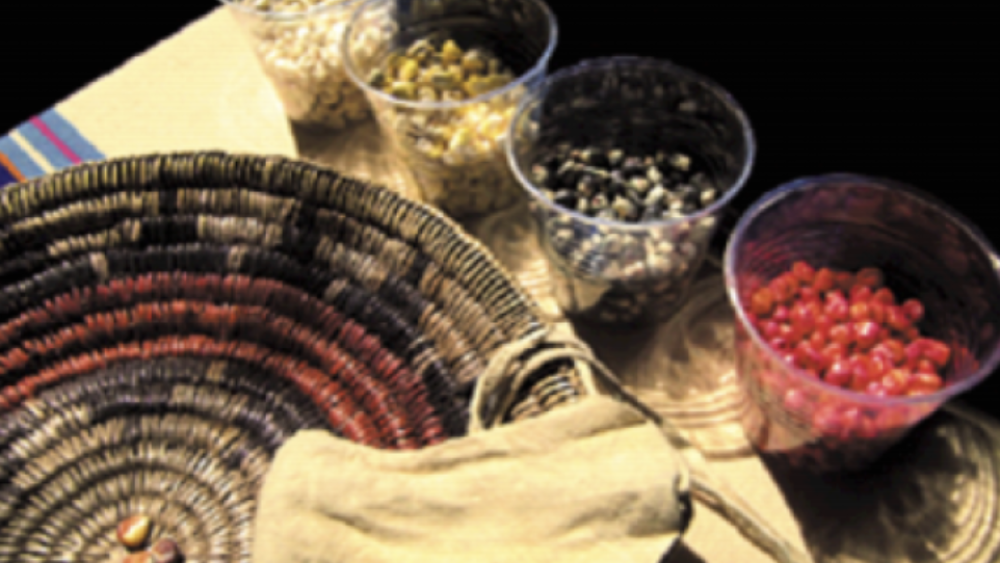This chapter in the NOAA Arctic Report Card 2021 highlights:
- The COVID-19 pandemic has exacerbated existing challenges for Alaska Natives in accessing traditional and store-bought foods.
- The strength of Indigenous cultural and economic practices such as food sharing networks helped mitigate these challenges.
- Policies and programs that support access to traditional foods and Indigenous sovereignty strengthen the ability of individuals and communities to respond to significant events that break down supply chains and restrict mobility.
The COVID-19 pandemic led to the cancellation of the 2020 Nay'dini'aa Na'Kayax' (Chickaloon Native Village) culture camp, which had been held annually for the previous 20 summers—or since time immemorial, as the formal camp continued a tradition of gathering to share food, stories, and knowledge. The previous summer, Nay'dini'aa Na'Kayax' welcomed Indigenous Foods Knowledges Network (IFKN) members to join the camp. IFKN convenes Indigenous community members and researchers from the Arctic and US Southwest for place-based knowledge exchange about Indigenous foods. At the camp, network members learned how to fillet and preserve salmon alongside village youth, sharing meals and stories around the campfire. The cancellation of the 2020 camp, along with similar celebrations and gatherings across Alaska, disrupted intergenerational knowledge sharing aboutIndigenous food systems In light of these disruptions, IFKN leadership saw an opportunity to engage in a research project that asked: How has the COVID-19 pandemic impacted food access for Indigenous individuals in Alaska and the US Southwest? In this essay, we share what we have learned from interviews conducted with Alaska Native experts as part of this project. Experts were individuals who had knowledge of traditional foods and who maintained a close connection with their home community and land in 2020.
Additional Information
N. Johnson, K. S. Erickson, D. B. Ferguson, M. B. Jäger, L. L. Jennings, A. R. Juan, S. Larson, W. K. S. Smythe, C. Strawhacker, A. Walker, and S. R. Carroll, 2021: The Impact of COVID-19 on Food Access for Alaska Natives in 2020. Arctic Report Card 2021, T. A. Moon, M. L. Druckenmiller, and R. L. Thoman, Eds., NOAA Arctic Report Card 2021. DOI: 10.25923/5cb7-6h06




